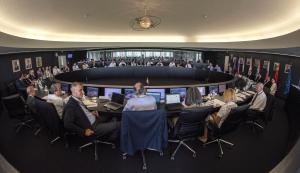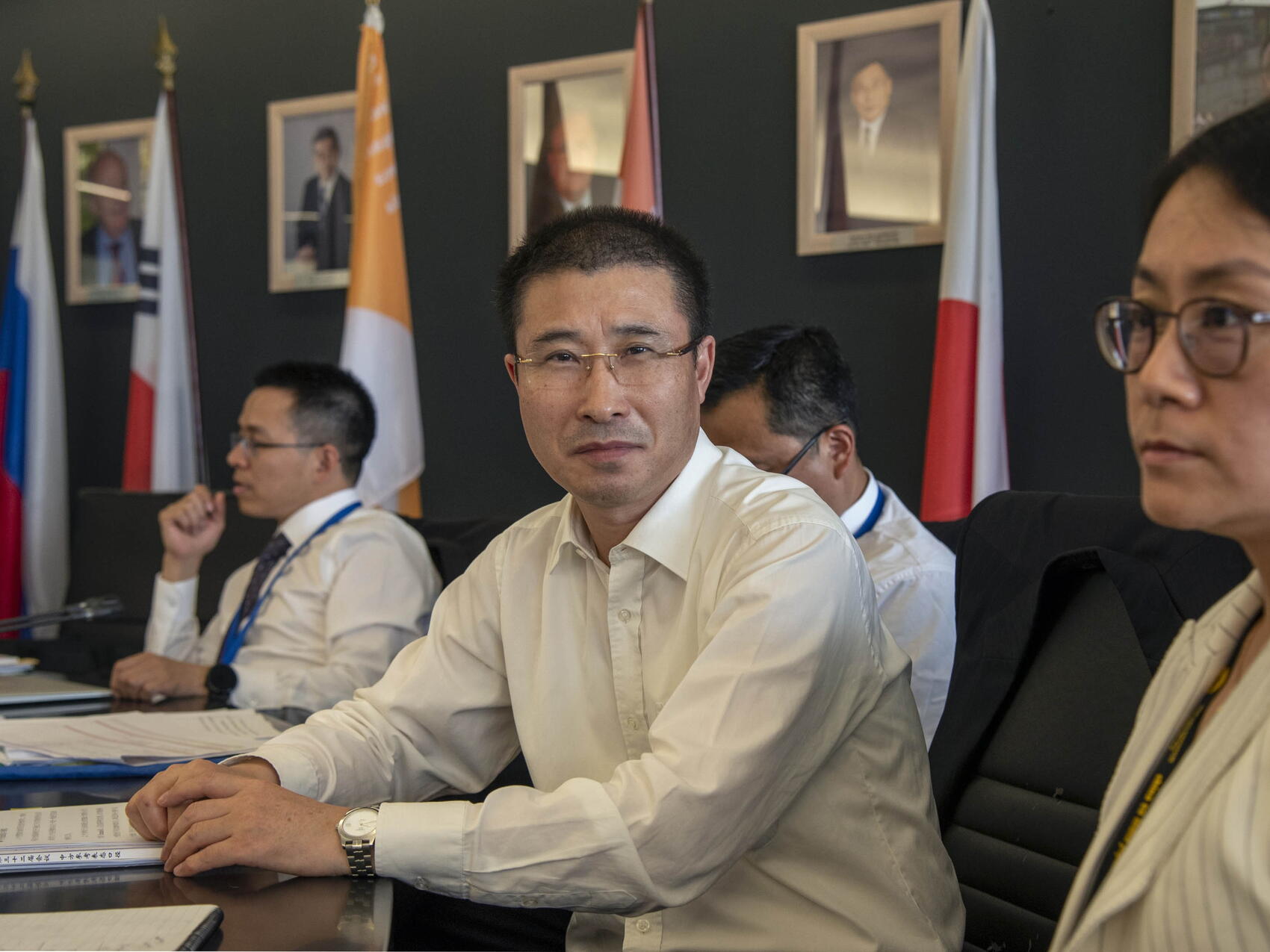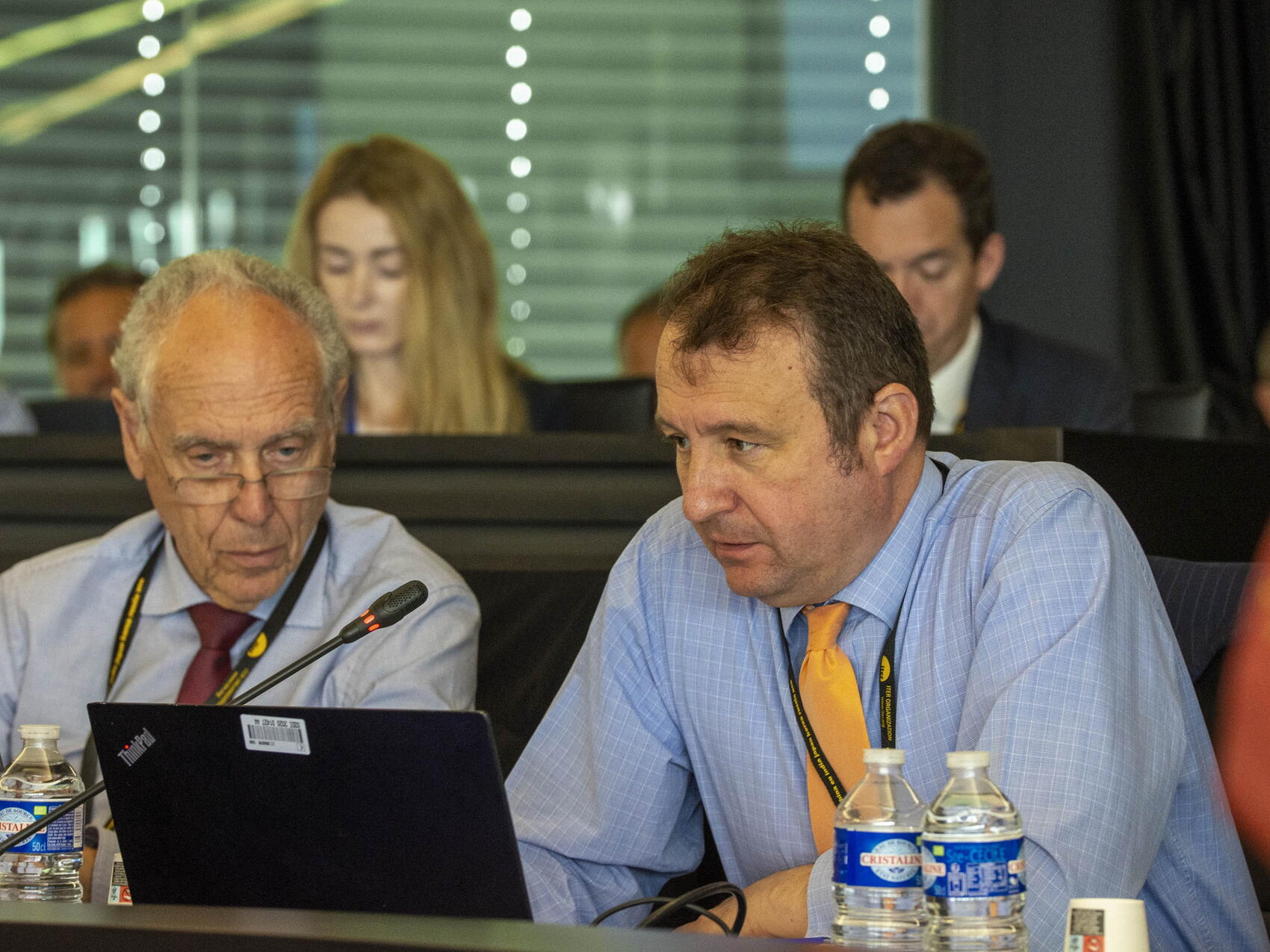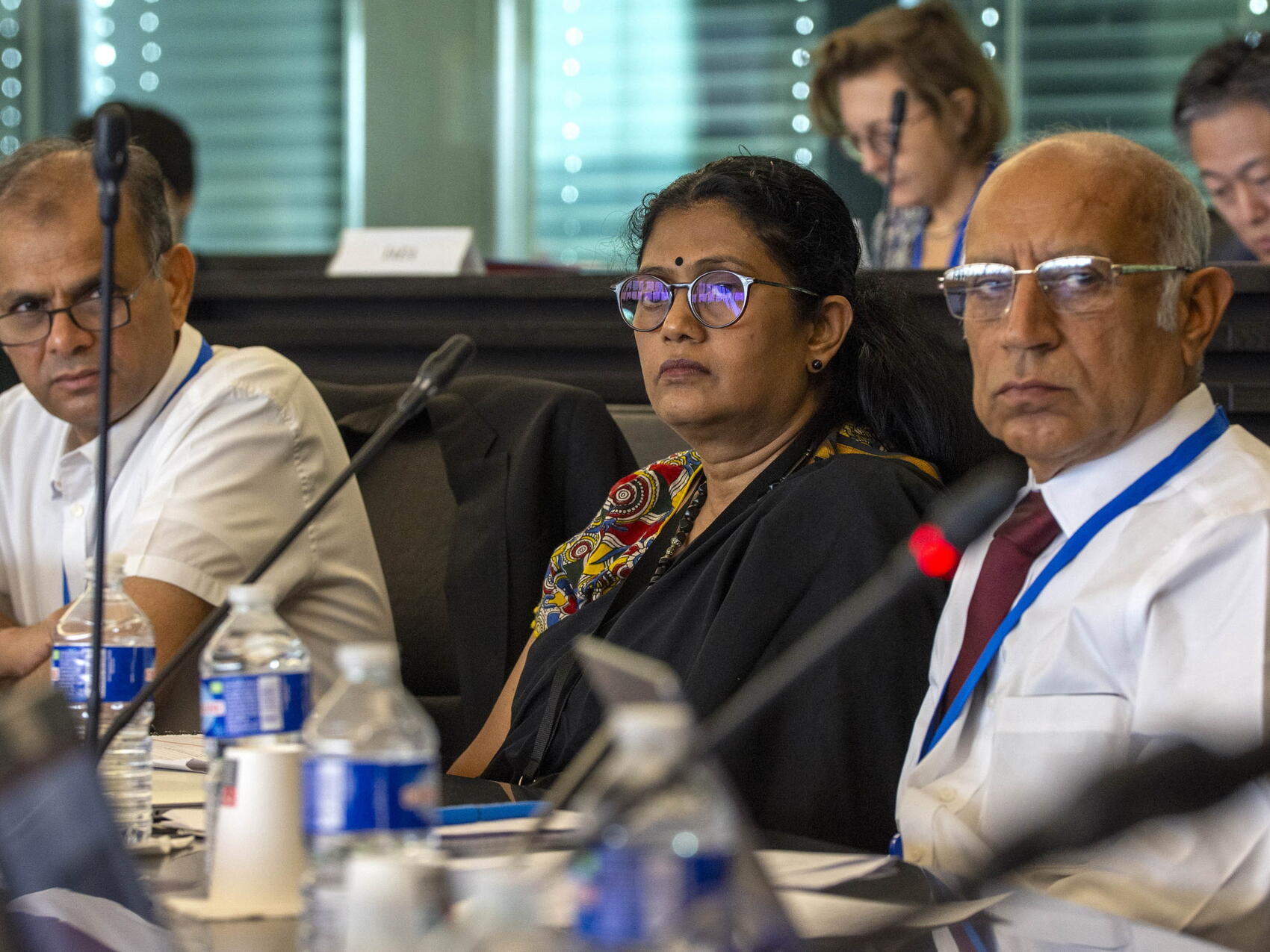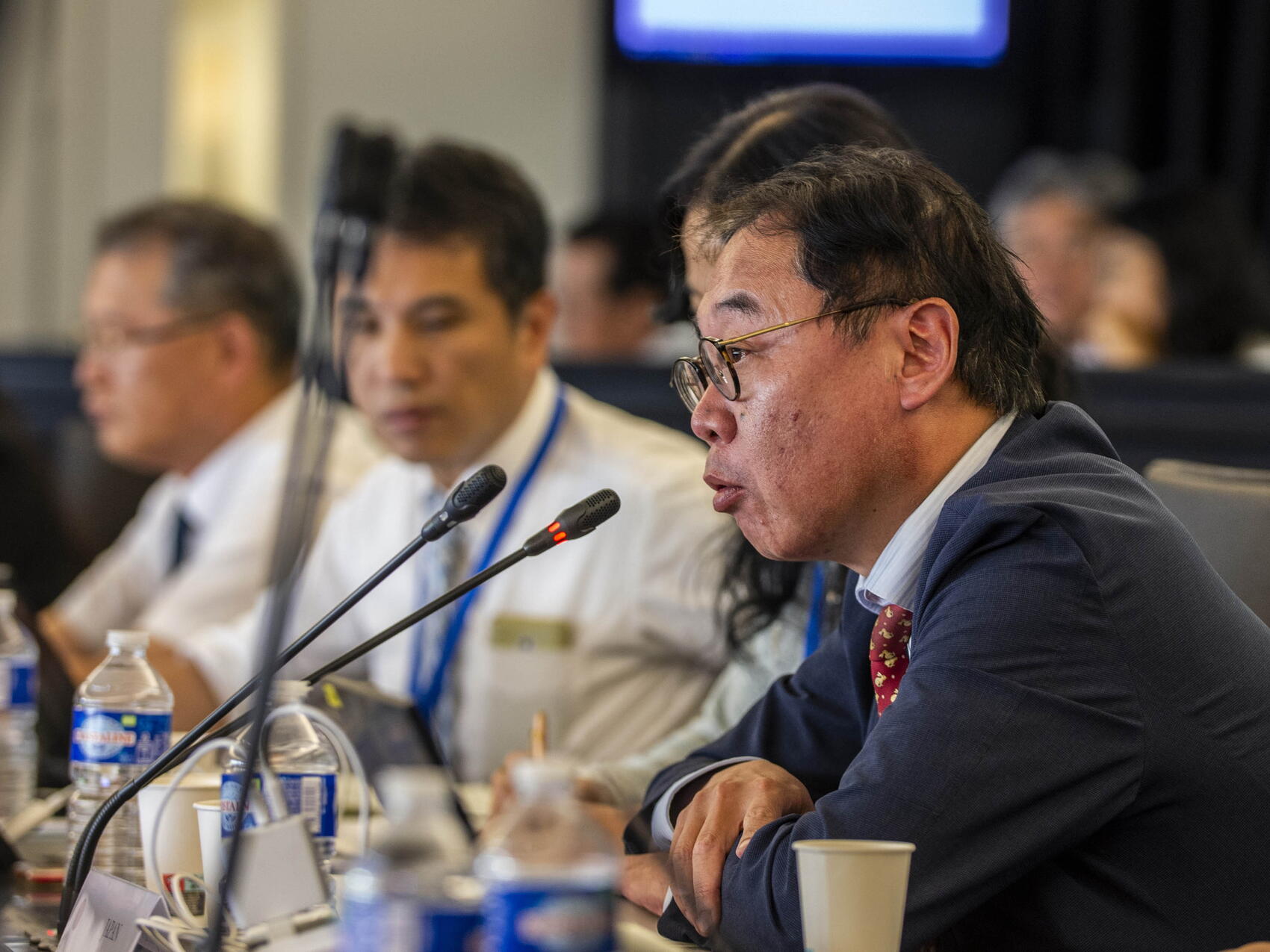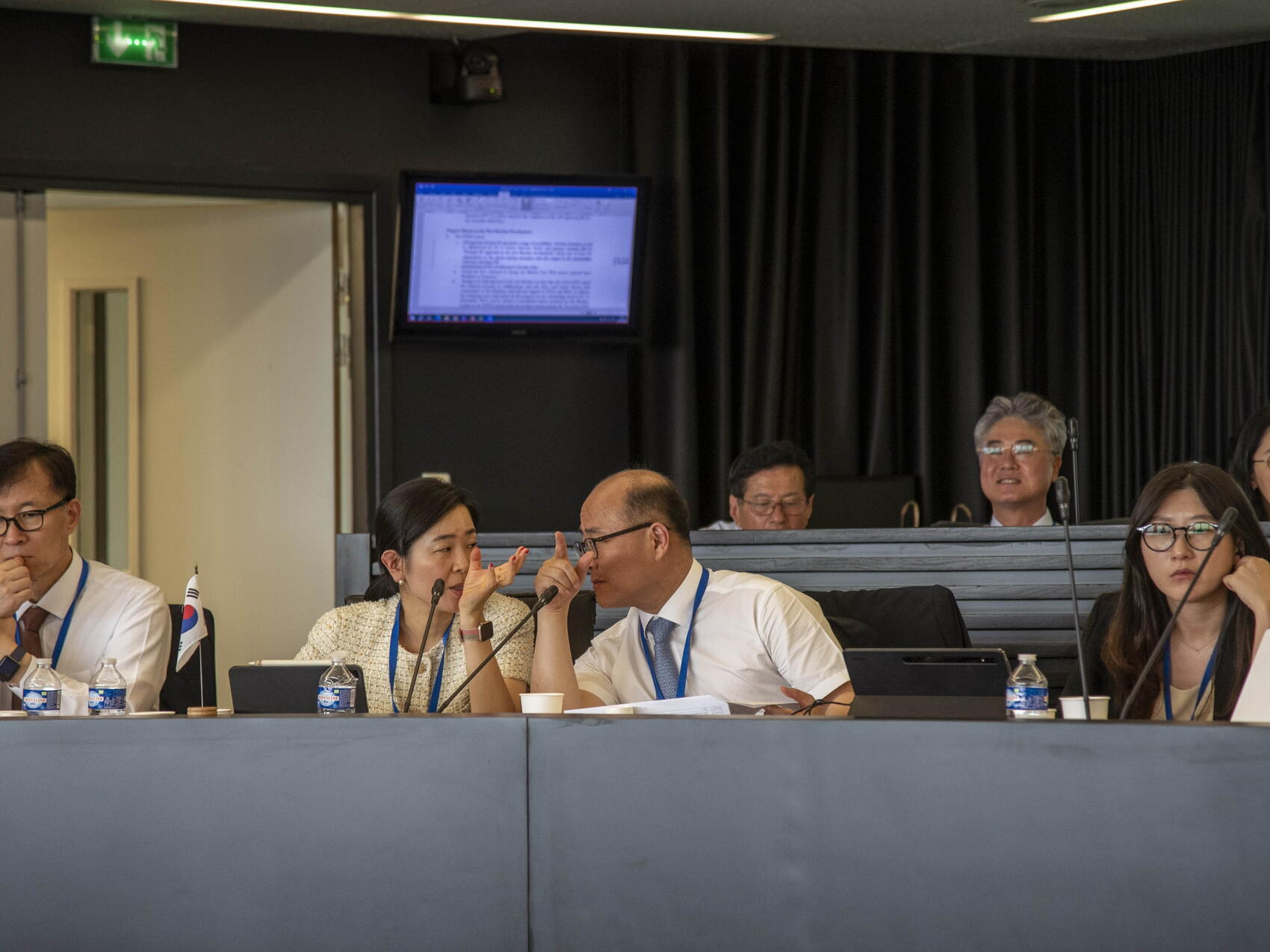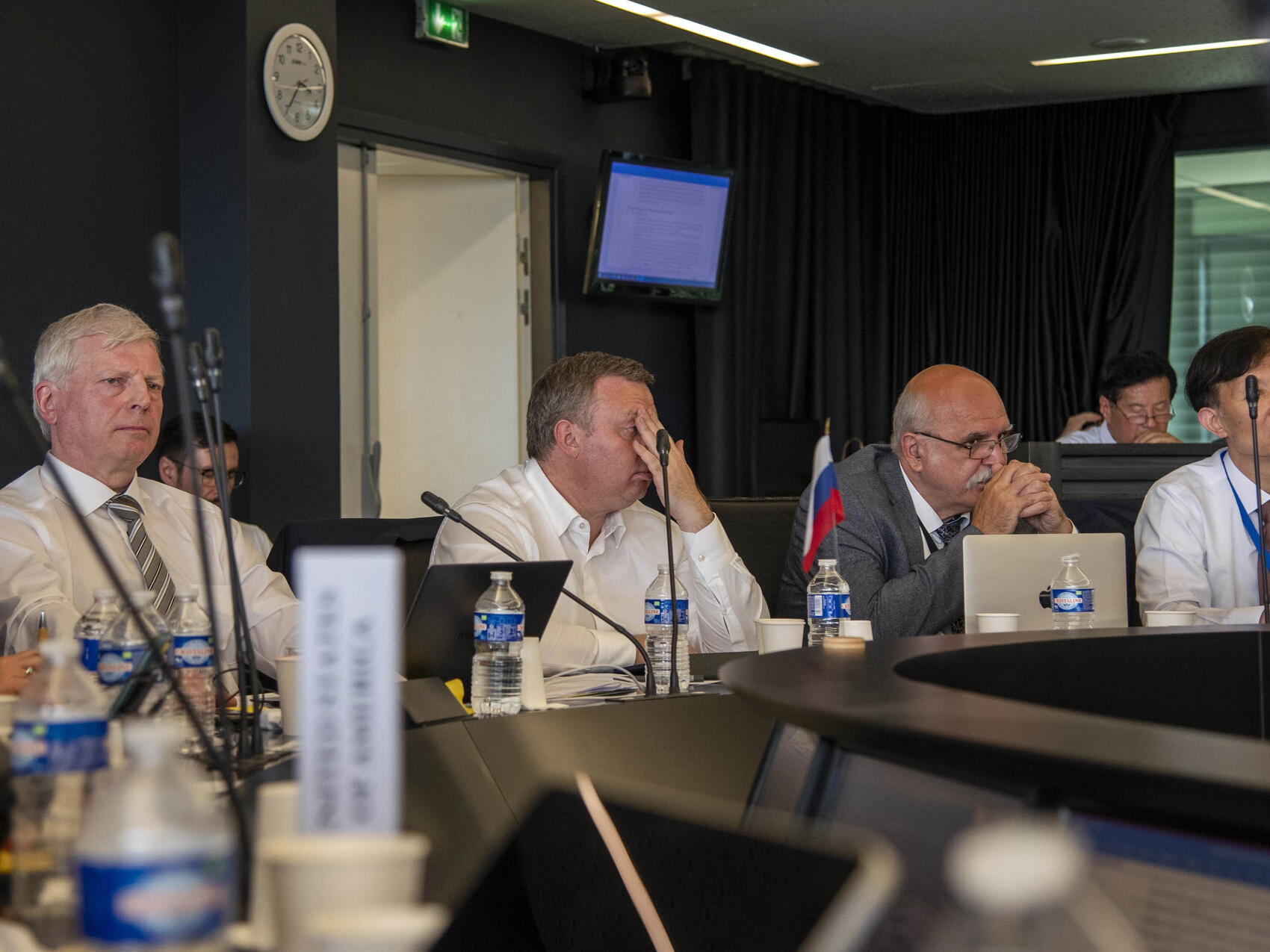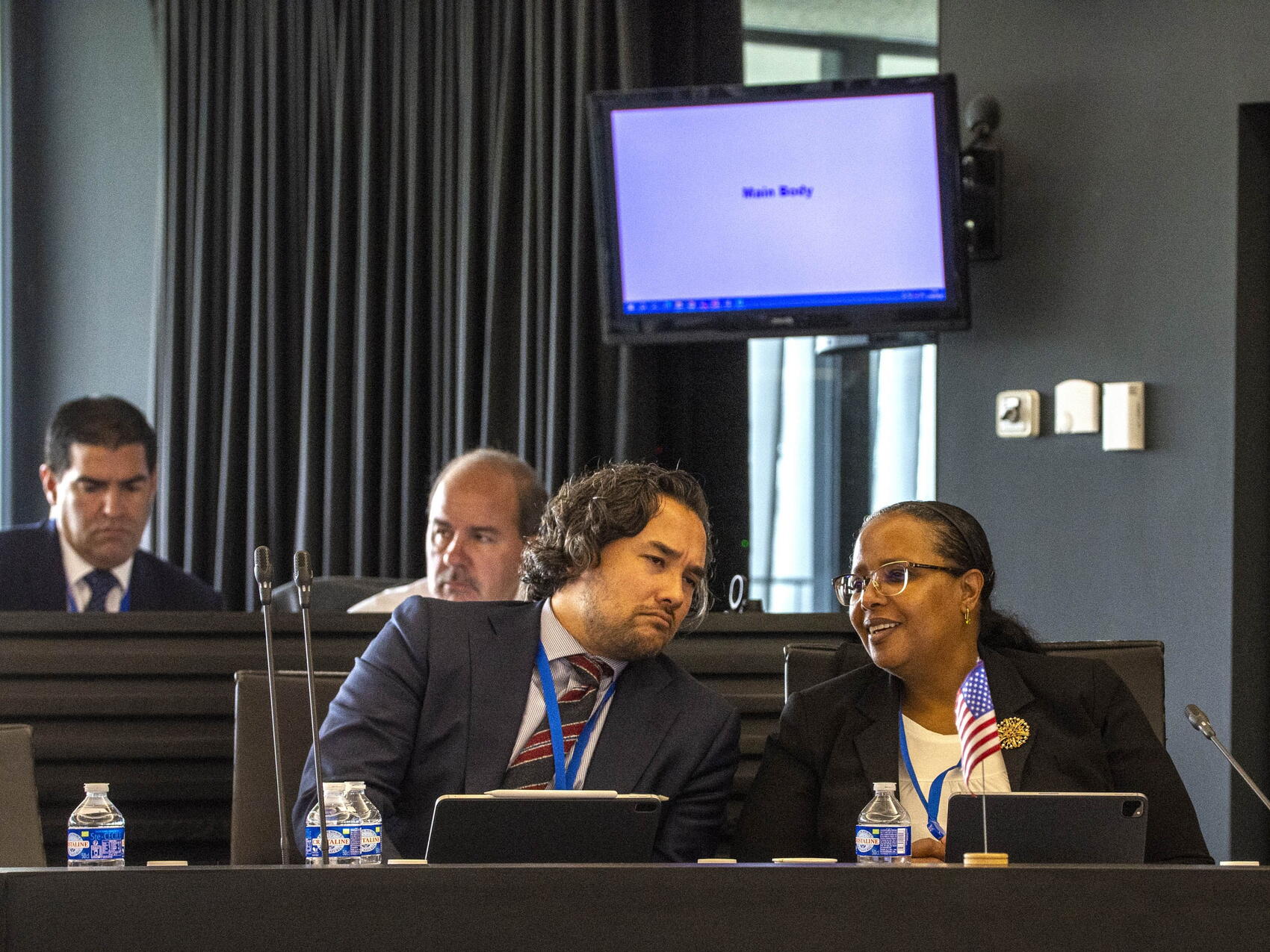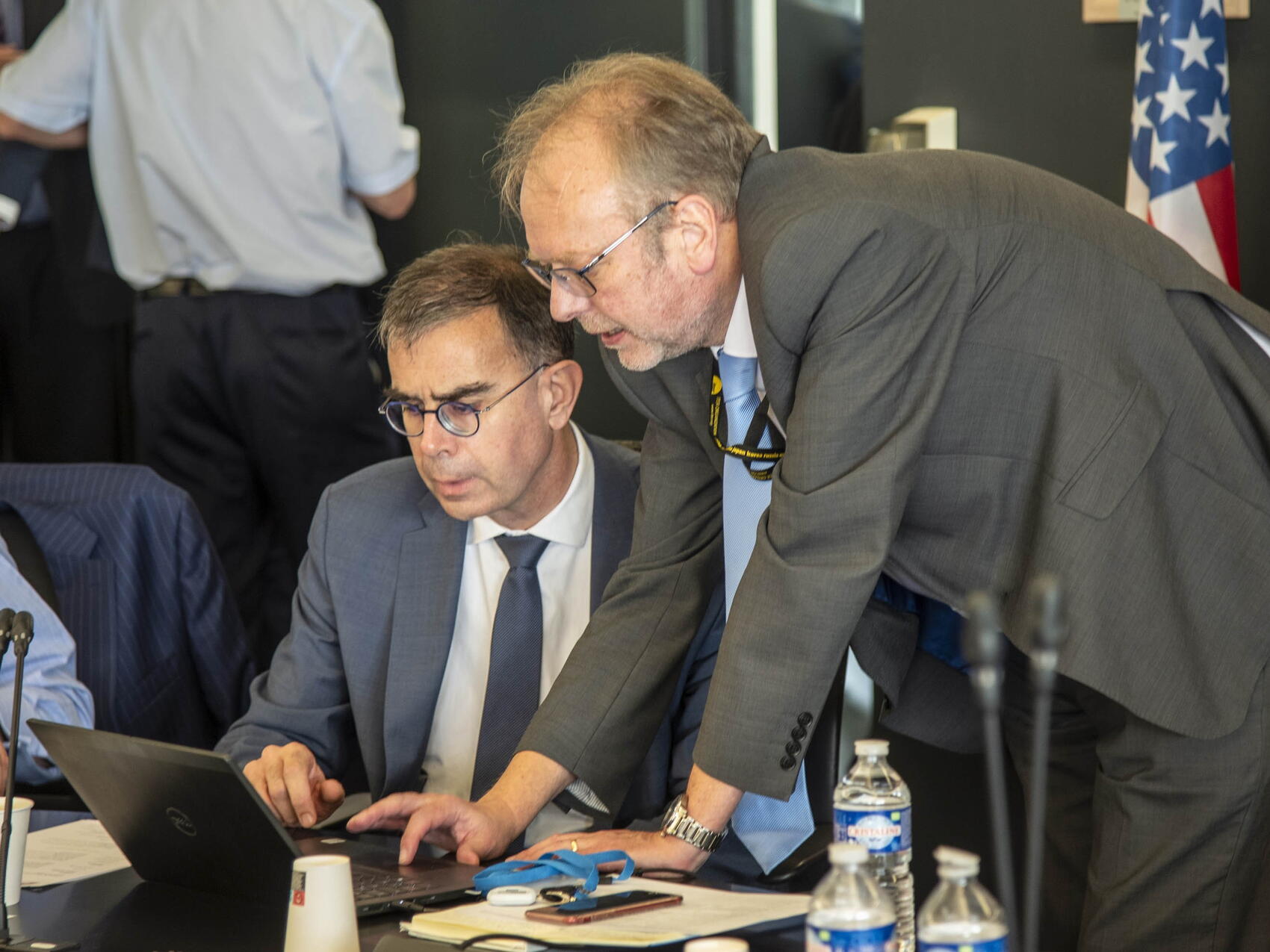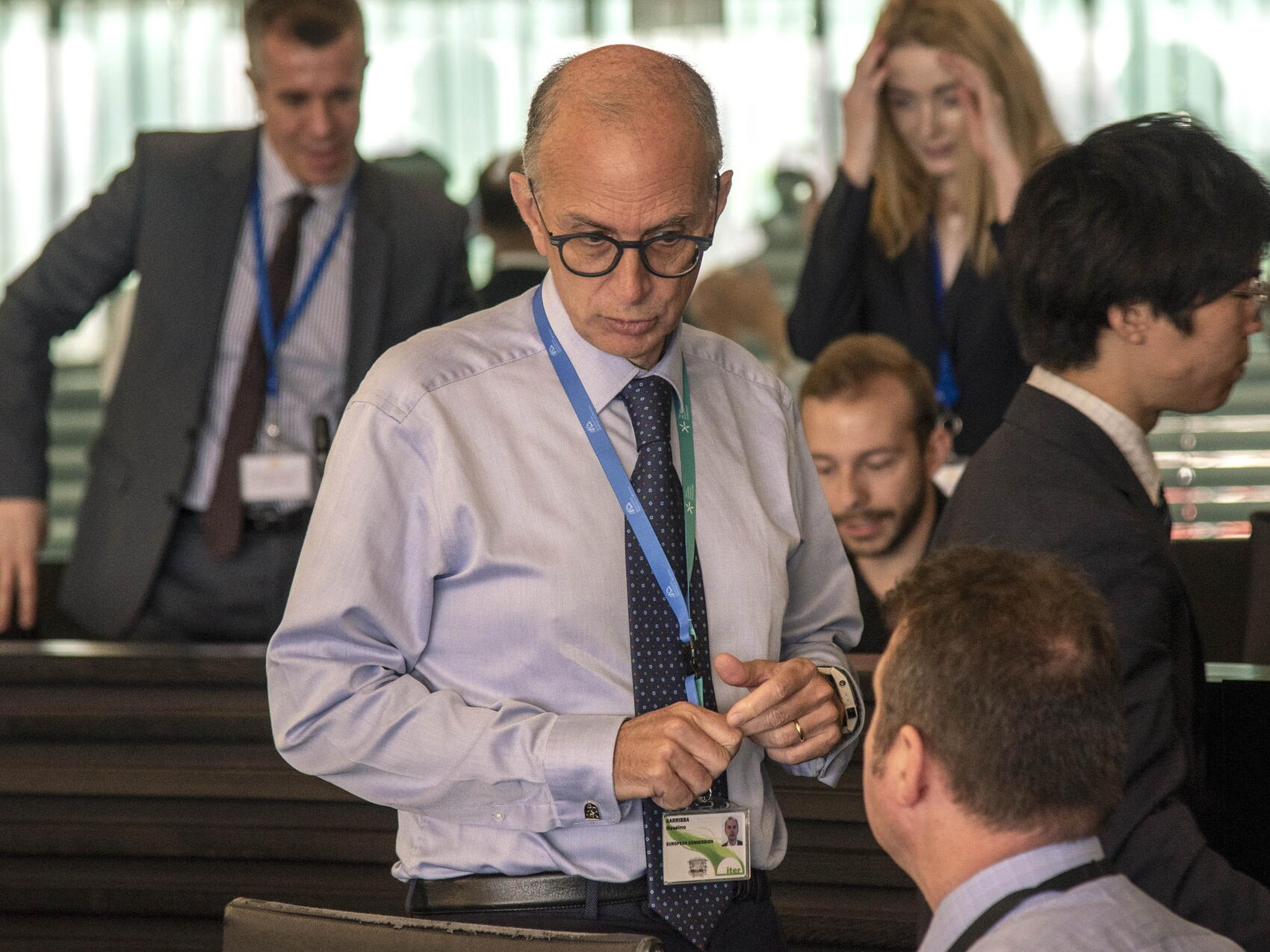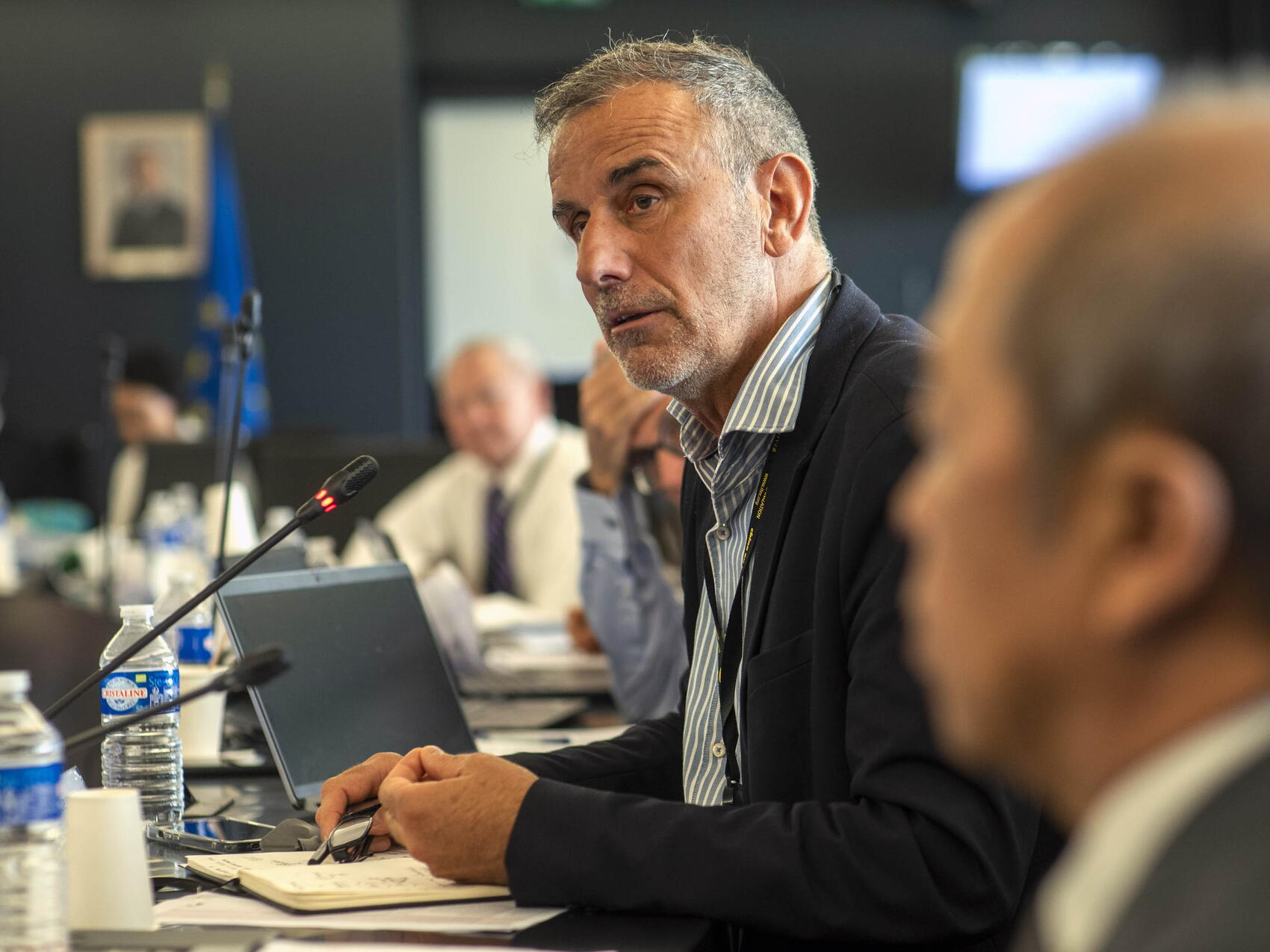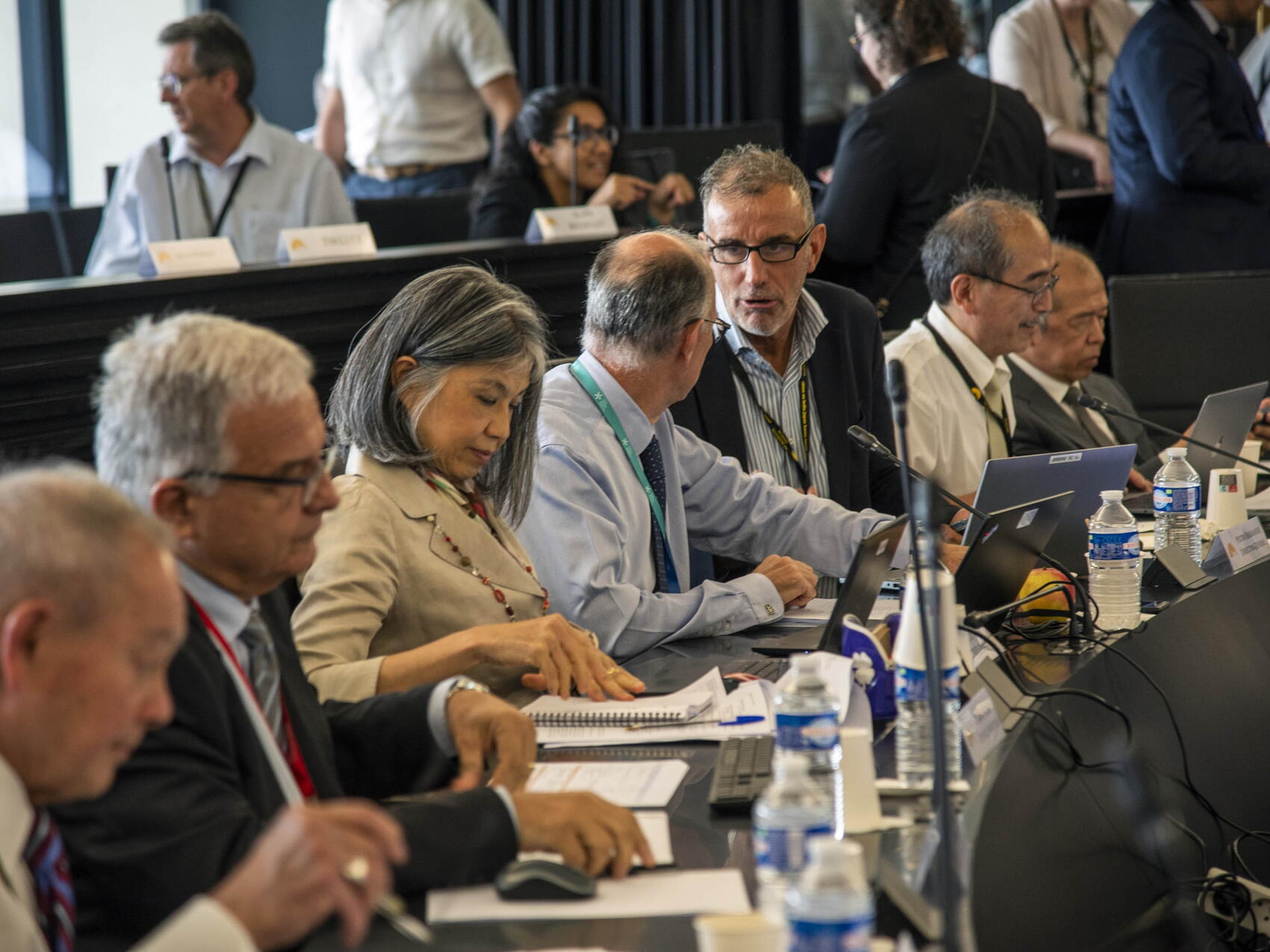32nd ITER Council: A focus on updating the baseline
Last week, delegations from the seven ITER Members convened in person in Saint-Paul-lez-Durance, France, for the 32nd Meeting of the ITER Council. An important focus of discussion was the performance of the ITER Project and efforts underway to update the project's schedule and cost baseline.
The ITER Council meets twice a year, typically in June and November, to review project progress. According to the ITER Agreement, the ITER Council is responsible "for the promotion and overall direction of the ITER Organization" (Article 6). It has the authority to appoint the Director-General and senior staff, to adopt and amend the Project Resources Management and Human Resources Regulations, and to approve the annual budget of the ITER Organization.
During its June 2023 meeting, the ITER Council focused much of its discussions on efforts underway by the ITER Organization, the ITER Domestic Agencies, and selected external experts to propose an optimized, reliable cost and schedule baseline for Council consideration. These efforts include:
- Recovering from past delays incurred due to the Covid-19 pandemic and technical challenges in completing First-of-a-Kind components;
- Finalizing strategies and supplier contracts for repairs to key components;
- Close and effective engagement with the French regulator, Autorité de sûreté nucléaire (ASN), regarding their questions related to the machine assembly "hold point," and ensuring mutual alignment on the way forward;
- Setting clear, scientifically and technically meaningful milestones along the way to full nuclear operation that effectively and transparently communicate the progress of the ITER Project;
- Considering strategies to offset future risks, including in particular the use of ITER's completed cryogenics plant, following commissioning, for additional testing of toroidal field coils prior to installation;
- Proposing a change to the plasma-facing "first-wall" material from beryllium to tungsten; and
- Planning for an "Augmented First Plasma," to enhance the scope and scientific value of ITER's first experimental campaign.
"Collectively," the press release states, "these efforts retain ITER's added value to the fusion community, while providing critical information to the burgeoning commercial fusion sector, as well as important safety regulatory insights and lessons learned. As envisioned, these efforts will facilitate ITER's capacity to provide the required safety demonstration to the regulator, and will compress the previously envisioned staged approach to reach ITER's scientific goals as rapidly as possible."

